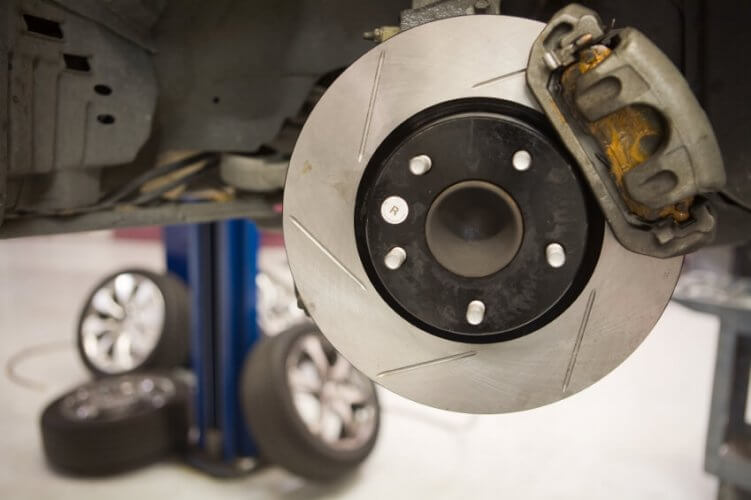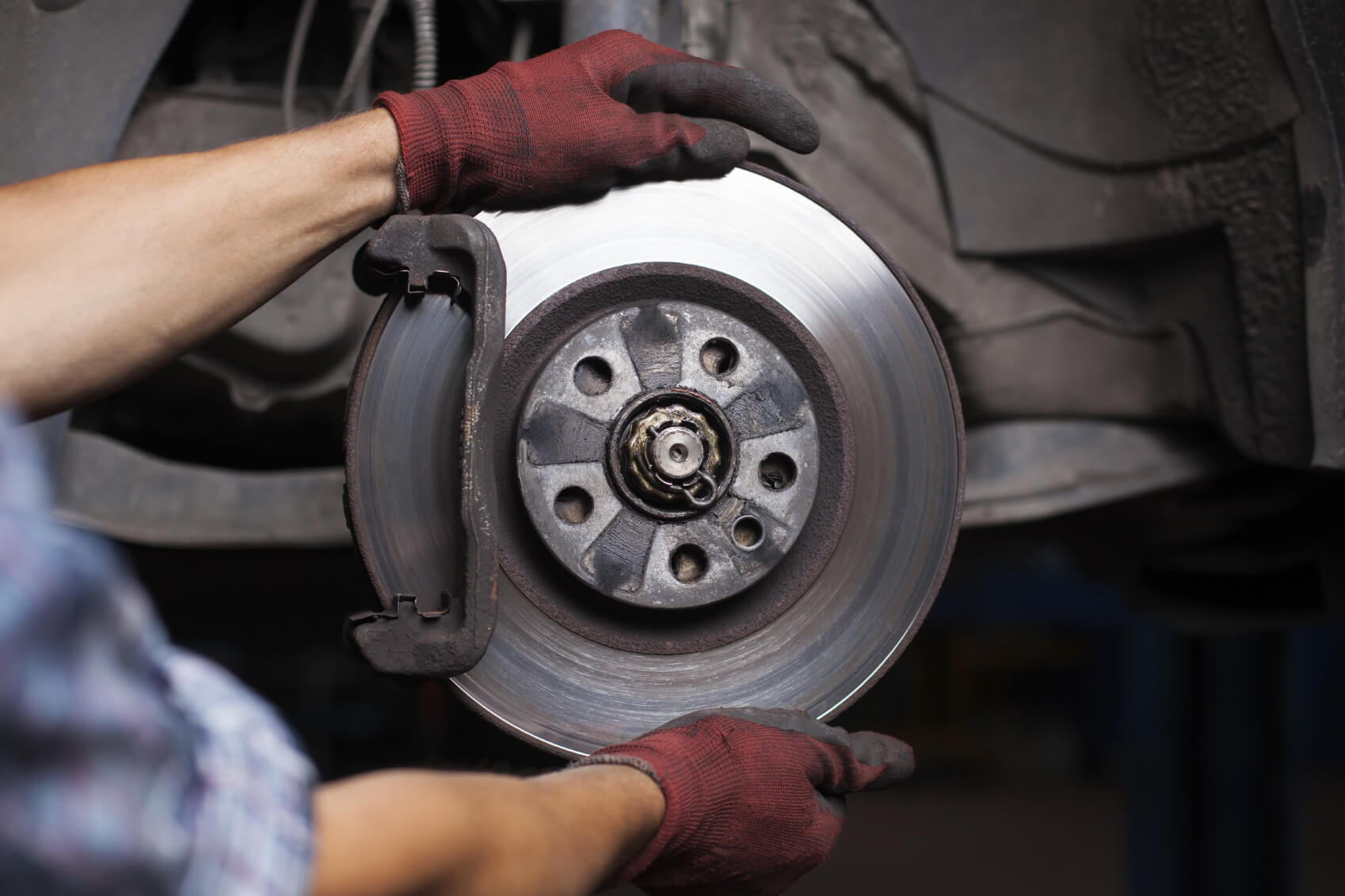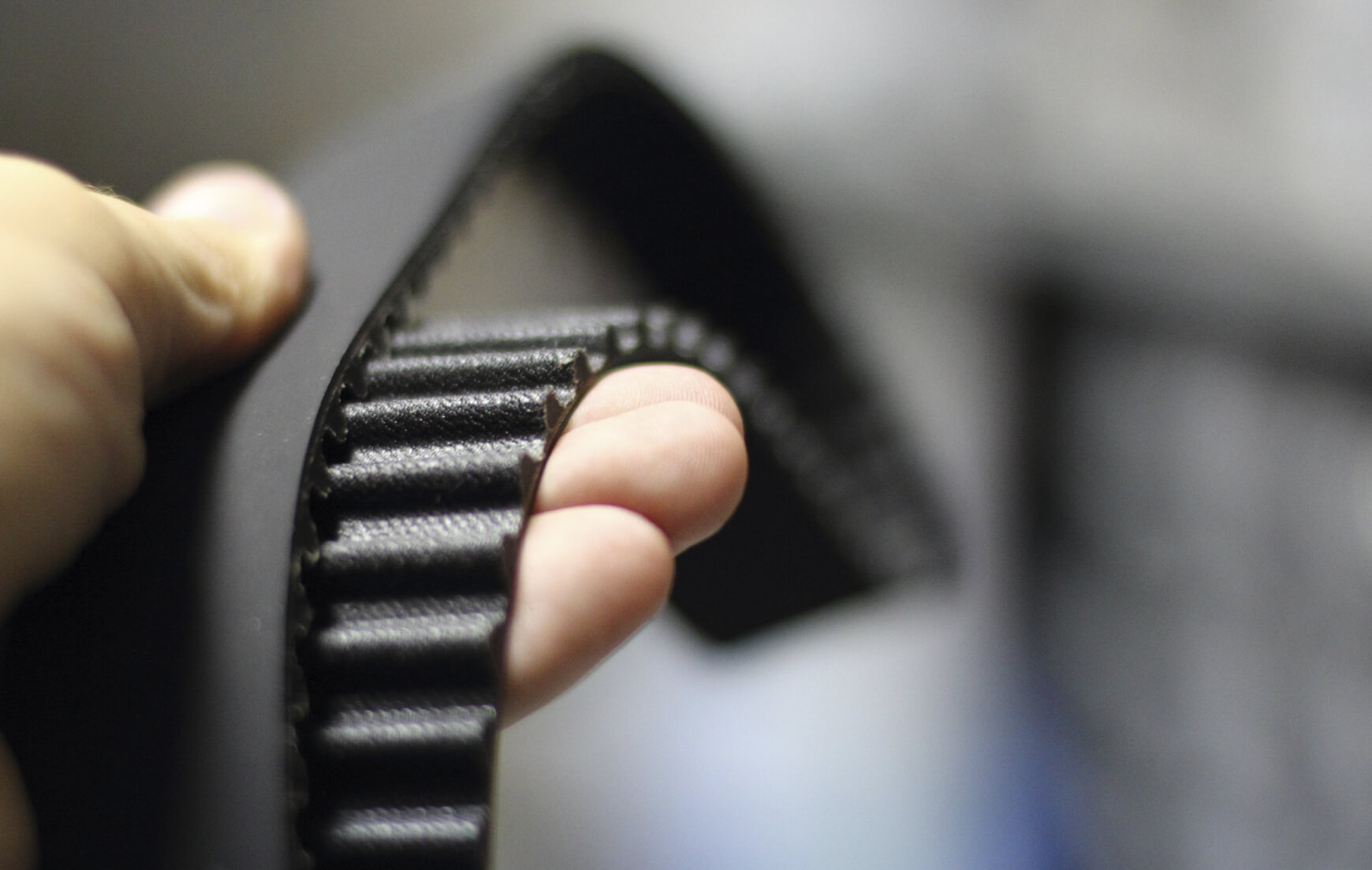
Despite all the digital lights and gauges that are standard in newer vehicles, no gadgetry can keep squeaks and squeals from becoming expensive repairs. Engine warning or low tire pressure lights can warn you of impending problems, but squeals from brakes and belts are often ignored as nothing of great immediate importance. But, that could be a costly mistake, especially if it leads to an accident or damages that may not be covered by your auto insurance.
Your Brakes
Your vehicle’s braking system is made up of a number of components such as the rotors, brake pads, and the wheels. Inevitably, as some of those components wear down, squeaks and squeals can become more noticeable. The trick is recognizing a simple squeal due to the accumulation of brake dust from a more serious sound that’s telling you it’s time for a brake job.
Your brake pads are designed to wear down slowly and should last a relatively decent amount of time, depending on the type of driving you do. And, brake dust is an inherent product of disc brakes as the pads disintegrate over time.
Applying the brake pedal forces the pads onto the rotors, causing heat and friction which, in turn, breaks down the pads and creates brake dust. Because today’s cars are trending towards open-wheel designs, the dust is more evident. But, the dust in itself is not an indication of trouble; just a cosmetic issue that always makes your wheels look dirty.
However, some squeals are part of the warning system built into the brakes that let you know the pads are about done and a brake job could be on the horizon. Do not ignore this sound. If you’re not sure when you last changed the pads, stop by your dealer or a trusted mechanic and have them checked.
Failure to do so, especially if a grinding noise is heard when you brake, could be an indication you’ve worn the pads through to the rotors and replacing all four rotors can be very expensive.
Switching to ceramic brake pads can help reduce or solve the squeaking or squealing. While you’ll still get dust on your wheels, they’ll be easier to clean since they won’t have the corrosive metal fragments associated with metallic pads.
Similar to your brakes, when a belt starts to wear down, it can make a squealing sound, letting you know you should inspect it before you end up stranded or you damage your engine. That said, the belt can still be functional and last quite a bit longer, but you shouldn’t rely on the possibility. Playing the odds is never a good idea.
The most common reason for the squeal is, as the belt reaches the end of its life expectancy, it will begin to slip. Though it may still have a certain amount of grip, the friction and heat generated as the belt slips on the various pulleys controlling your fan, water pump, and power steering will cause it to squeal before it lets go.
You obviously don’t want to wait until that happens. As with your brakes, if you’re not sure if the belt is bad or about to break, have your dealer or mechanic inspect all your belts for wear. It could save you a lot of money in the long run.
Best case scenario, the belt or belts may be perfectly fine and only need some belt dressing or conditioner to stop the squeal.
The old adage – better safe than sorry – applies whether you’re talking about a brake or belt squeal. It’s better to have them inspected and be told there’s nothing wrong than to face expensive repairs. If they need replacement, get the work done as soon as possible.
When it comes to car insurance, you always want to compare to be sure you’re getting the best auto insurance rates available. The way to do that is by getting a free auto insurance rate quote today from Freeway Insurance.





